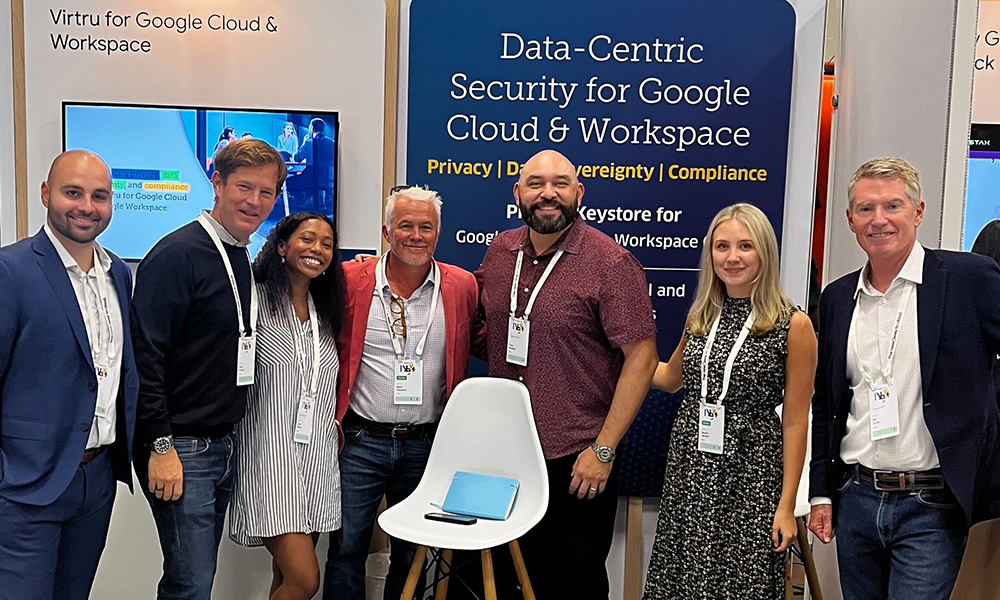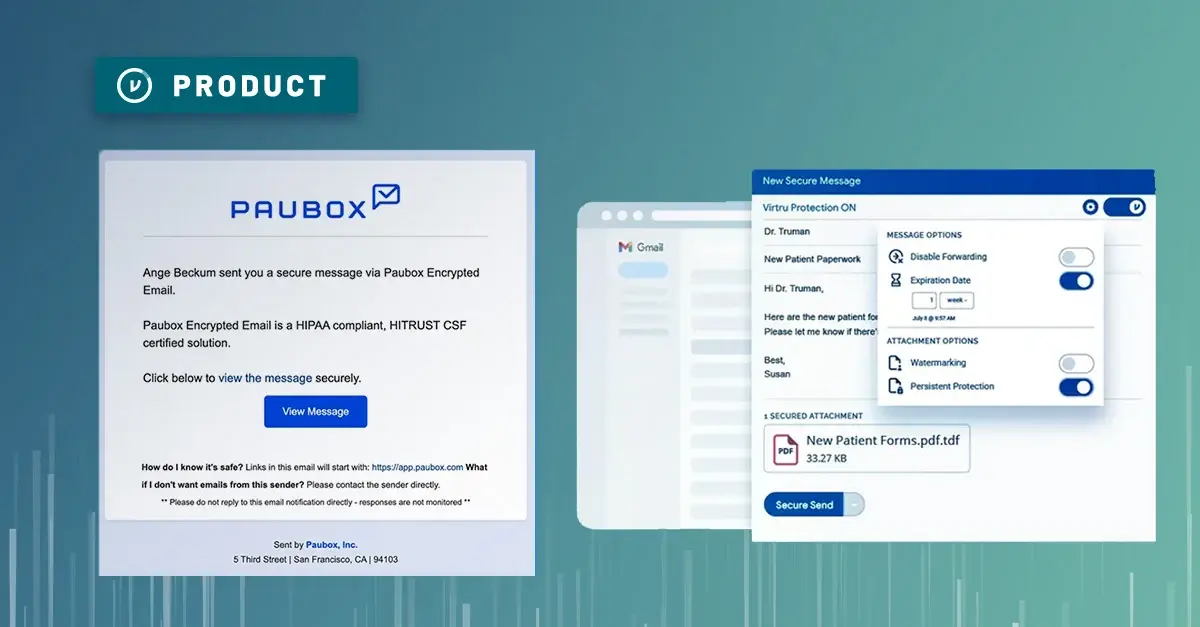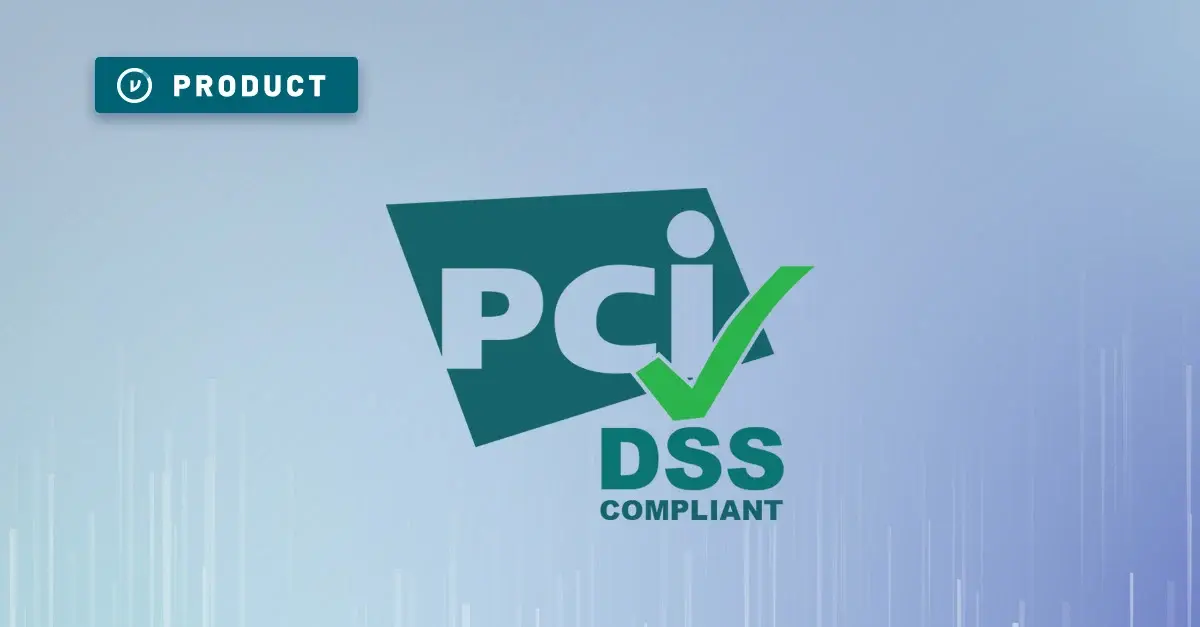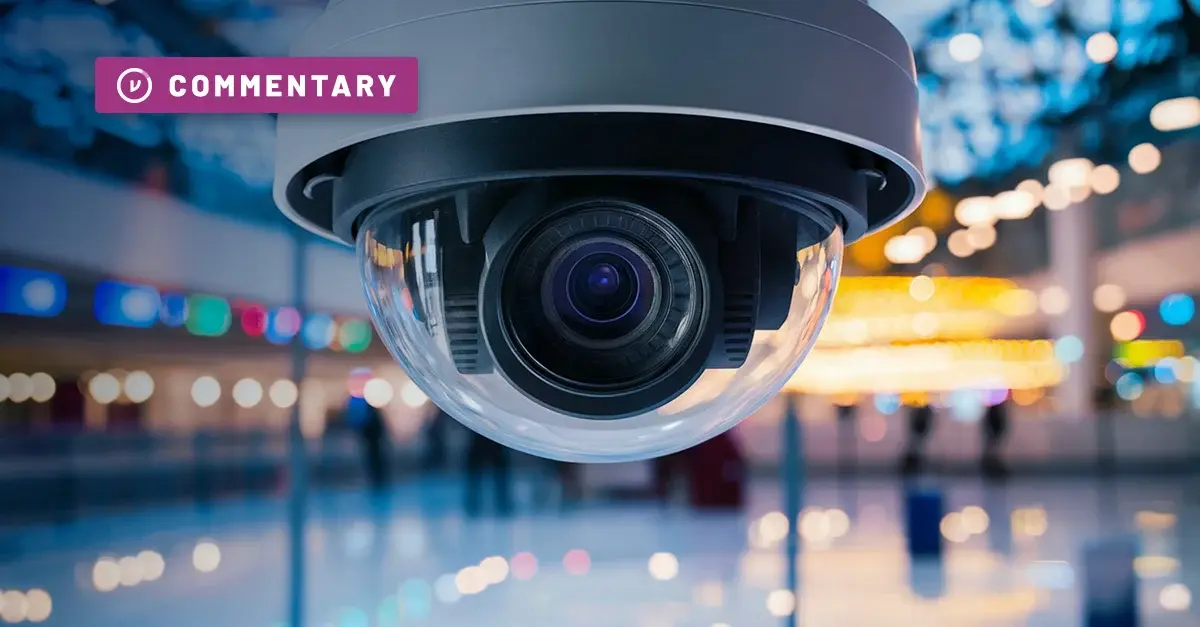

With the advent of generative AI, we’re living in truly unprecedented, fascinating, and some might say scary times. While the future of computing is yet to be determined, one thing is certain: It’s coming very very fast.
For that reason I am grateful for the opportunity to have attended Google Cloud Next 2023 this past week in San Francisco. Not only did the event serve as a powerful reminder of the immense potential of generative AI to transform entire industries and revolutionize the way we as humans interact with technology, but it also shone a bright light on critically important concerns with respect to the security and privacy of our most precious asset — our data.
From infrastructure to data, AI to cybersecurity, here’s a quick summary of my key takeaways from Google’s premier conference in San Francisco:
1. Google Cloud (GCP) Is #3, for Now
Although Google is still looking up at AWS and Microsoft — they don’t have to strain their neck as much as they did in the past. Google Cloud now generates $32B per year and owns 11% of the market — compared to 33% for AWS, and 23% for Microsoft Azure.
2. AI Is the Catalyst That Will Drive Google Cloud’s Future Growth
Google Cloud is pushing the boundaries of AI for software developers, for security professionals, for operations teams — and most importantly, for mere mortal humans known as frontline workers.
3. AI Is Poised to Be Google’s Biggest Source of Growth (and Microsoft’s, Too)
Duet is to Google as Co-Pilot is to Microsoft: an AI engine integrated within core cloud services to accelerate efficiencies for knowledge workers, software developers, and everyone in between. In Workspace, Duet acts as an always-on robot friend and collaborator that assists with everyday tasks like writing, project management, and design — and it can even attend meetings on your behalf when you’re unable to attend yourself. In Google Cloud, it serves as an expert coder, a software reliability engineer, a database pro, a data analyst, and even a cybersecurity advisor.
4. The Productivity Magic Inside of Google Workspace Is Changing
Going forward, the core value of Google Workspace will be much less about Docs, Sheets, Slides, Mail, Calendar, or Meet — and much more about Duet, which can help individual people (and entire organizations) work more efficiently and save massive amounts of time and expense.
5. Expect Google to Be Laser-Focused on Cross-Selling Duet for $30 per User per Month to as Many Workspace Users as Possible
Given that Google workspace currently has 3 billion active users and 10 million paying organizations — they don’t have to move the needle very far in order to generate a financial windfall and a big bump in net dollar retention. However, it is worth noting that most of the customers and partners that I spoke with felt that $30 per user per month was expensive, especially given the current macroeconomic environment. Thus, sensitivity to price might result in companies adopting Duet for only a small percentage of their users with very specific use cases.
6. Vetting Duet Is Easy and Free.
Duet AI is now generally available in Workspace and rapidly expanding in Google Cloud. Organizations with a paid workspace domain can now turn on Duet for frontline workers and enable them to sample the magic of generative AI free for 30 days. There is no doubt that we are witnessing a foundational step change with respect to generative AI and personal productivity. That said, I am personally skeptical that 30 days is enough time for businesses to experiment and determine if the juice is worth the $30 per-user, per-month squeeze.
7. What Are the Privacy Impacts of Duet? Time Will Tell.
Google worked hard to address well documented and broadly shared privacy concerns associated with generative AI. The simple message from Google is that what happens in Duet, stays in Duet — meaning that, for organizations paying for Google Workspace and associated Duet capabilities, the prompts and content processed by the Duet tool will remain under the control of that organization. The Duet model will continue to advance thanks to learnings from its public models like Bard, but according to Google, organizations don’t have to worry about their private data being used to train the public model. The technical specifics of how this takes shape are yet to be fully understood, but I expect this will be a key topic of conversation in the weeks and months ahead, as organizations start to test and vet the Duet software.
8. The DIY Approach to AI: Google Vertex Platform
Google Cloud’s Vertex AI platform empowers customers to build, deploy, and scale machine learning models. It offers a wide range of foundation models and industry-specific models for various tasks. This appears to be a great choice for organizations that want to create very specific models for specialized use cases with clearly defined parameters. It’ll be fascinating to see where organizations take this capability, and how these “custom-made” and “narrow use case” models stack up against “public” and “massively horizontal” models offered by Google, Microsoft, OpenAI and others.
9. Cloud Security and Data Privacy Matter More Than Ever
Despite its history as a digital advertising giant and all that that entails; Google Cloud and Google Workspace have emerged as true leaders when it comes to all things cloud security and data privacy. Best in class offerings range from Chronicle SIEM/SOAR, to Mandiant threat intelligence, to BeyondCorp for Zero Trust, to confidential computing, to Google CSE for privacy enhanced cloud collaboration. Collectively, these advances help Google to distinguish itself from one of their primary rivals, Microsoft, which continues to suffer large-scale breaches and vulnerabilities. As Microsoft works to earn back lost trust, now is a very good time for Google to continue leading on the cloud security and privacy front. In this light, Virtru is proud to be a partner to Google in its privacy-preserving cloud collaboration initiatives, both with our client-side security for Gmail and Workspace, as well as our key management capabilities to support Google CSE and Google Cloud EKM. Together, Virtru and Google are now helping more than 5,000 customers protect sensitive unstructured data that is both stored in Google Cloud and shared externally with others via collaboration workflows, while enabling compliance with the world’s toughest data privacy regulations, like ITAR, CMMC, HIPAA, and GDPR.
10. The Google Partner Ecosystem Is Flourishing
As evidenced by the impressive showing this week in San Francisco, the Google partner ecosystem is thriving. Not only does the ecosystem include innovative ISVs like Virtru, but it also includes a robust collection of consulting and services partners like SADA, Wursta, 66degrees, and Maven Wave, all of whom are also trusted partners with Virtru.
Were you at Google Next? What did you learn? I’d love to know: Drop me a note or tag me on LinkedIn.

Matt Howard
A proven executive and entrepreneur with over 25 years experience developing high-growth software companies, Matt serves as Virtru’s CMO and leads all aspects of the company’s go-to-market motion within the data protection and Zero Trust security ecosystems.
View more posts by Matt HowardSee Virtru In Action
Sign Up for the Virtru Newsletter




/blog%20-%20HIO%20Maya%20HTT/Maya-HTT-Level-2-lessons%20copy.webp)

/blog%20-%20cmmc%20level%203/CMMC-LEVEL-3.webp)

/blog%20-%207%20Healthcare%20Vulnerabilities/7-hipaa-vulns.webp)
/blog%20-%20please%20delete%20that%20email.%20domain%20wide%20protection/please-delete-that-email.webp)
/blog%20-%20next%20breakfast/next-breakfast-2.png)